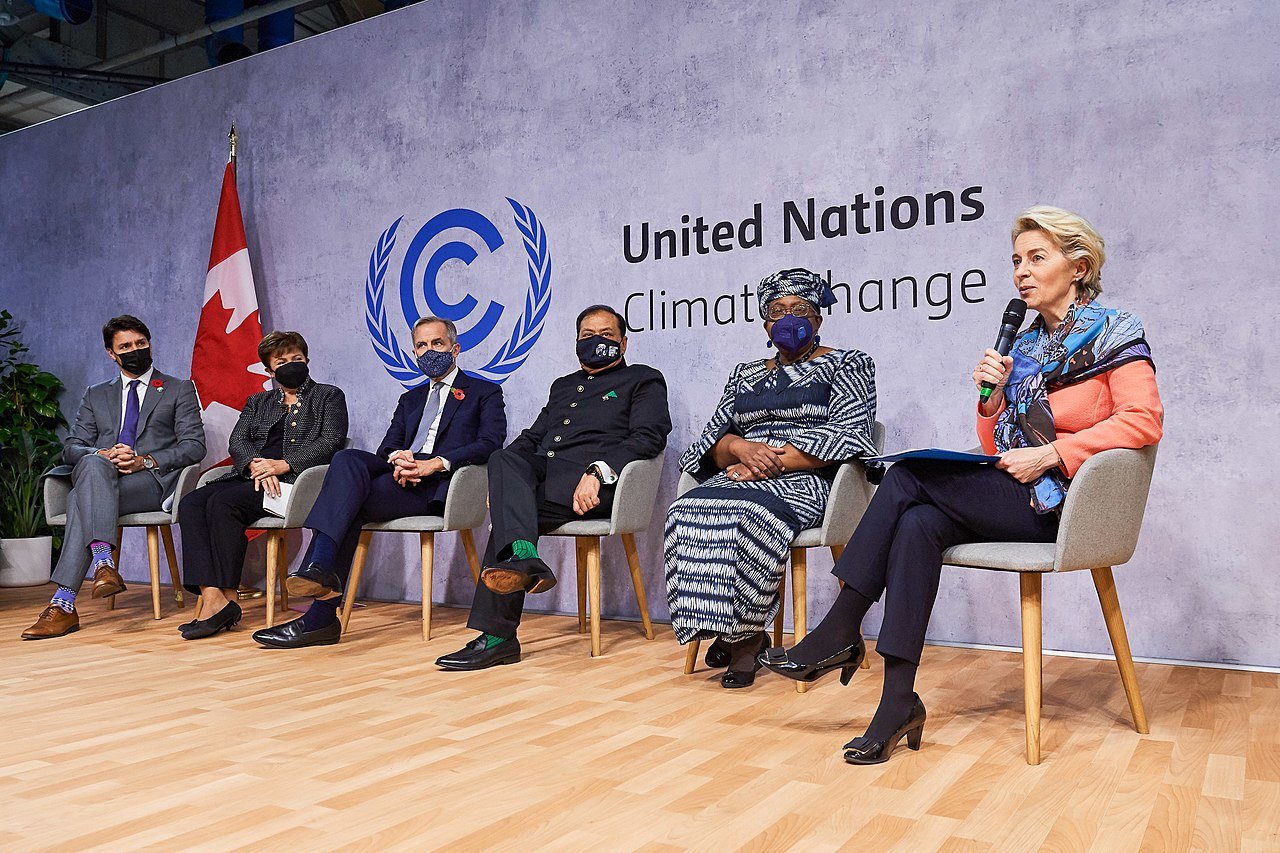Further Thoughts on Congressional Oversight, the UBL Operation, and the Title 10/Title 50 Issue
Yesterday I posted some initial thoughts on whether the UBL operation constituted a "covert action" for statutory purposes. If so, the operation would require a presidential finding and notificiation to the SSCI and HPSCI.
Yesterday I posted some initial thoughts on whether the UBL operation constituted a "covert action" for statutory purposes. If so, the operation would require a presidential finding and notificiation to the SSCI and HPSCI. I argued that the operation was not a covert action, on the alternative theories that the operation was not intended to be denied and that in any event it constituted a "traditional military activity" (TMA being an explicit exception to the covert action definition). The post prompted all sorts of interesting feedback (I could not be more impressed with the crowd that reads our musings here - thanks to all of you). Against that backdrop, let me add a few further points:
1. Within the government, one often hears discussion of whether a particular action is undertaken pursuant to Title 10 (military) authorities or Title 50 (intelligence/CIA) authorities. Various media reports suggest that government officials have made a point of stating that this was a CIA operation, albeit one tasked out to SEAL Team Six, a military unit, for execution. If that is correct, then it seems to follow that the internal legal framing was to view this as a Title 50 operation. I could certainly be wrong about that; I'm not sure if anyone has yet stated publicly anything directly on point, and in any event am happy to be corrected.
2. So, what if anything follows from this? I don't think it changes my original analysis. In particular, it does not somehow follow that the operation must be conceived of as a covert action subject to statutory oversight. The CIA Director is tasked under the National Security Act with authorities including not just collection and analysis of intel, but also "such other functions and duties related to intelligence affecting the national security" as the President or DNI "may direct." This famous phrase, often called the "fifth function," has long been construed to encompass covert action. But I don't think it can or should be read to disempower CIA from acting where the the US government might actually be prepared to admit its responsibility. Put simply, the prospect of public acknowledgment of the UBL operation does not, in my view, mean that CIA could not be responsible for it.
3. Having said all that, I was thinking about the mechanical failure that took out one of the two helicopters involved, something that in less-skilled hands presumably could have caused us to abort the mission. This made me appreciate that, ex ante, it's not just that the government was prepared to acknowledge this operation publicly, but also surely that it was prepared not to do so in the event of some fiasco. In that case, the argument for categorizing this as a covert action would stand or fall entirely on whether one thinks the mission fell within the traditional military activities exception. As noted above and before, I do think that argument can be made here. But it also is easy to imagine that a lawyer might suggest, in an excess of caution, that a Presidential finding be issued and that notification be given at least to the Gang of 8 (under 50 USC 413b(c)(2)), though I can also imagine that the notification--whether to the Gang of 8 or more broadly to SSCI and HPSCI--would in this case be delayed until after the operation concluded as permitted under 50 USC 413b(c)(3).
I hope this illuminates more than it confuses. If you see mistakes, omissions, or conflations in this assessment, please let me know so I can amend things.
Robert (Bobby) Chesney is the Dean of the University of Texas School of Law, where he also holds the James A. Baker III Chair in the Rule of Law and World Affairs at UT. He is known internationally for his scholarship relating both to cybersecurity and national security. He is a co-founder of Lawfare, the nation’s leading online source for analysis of national security legal issues, and he co-hosts the popular show The National Security Law Podcast.


.jpg?sfvrsn=d8a1827a_5)


